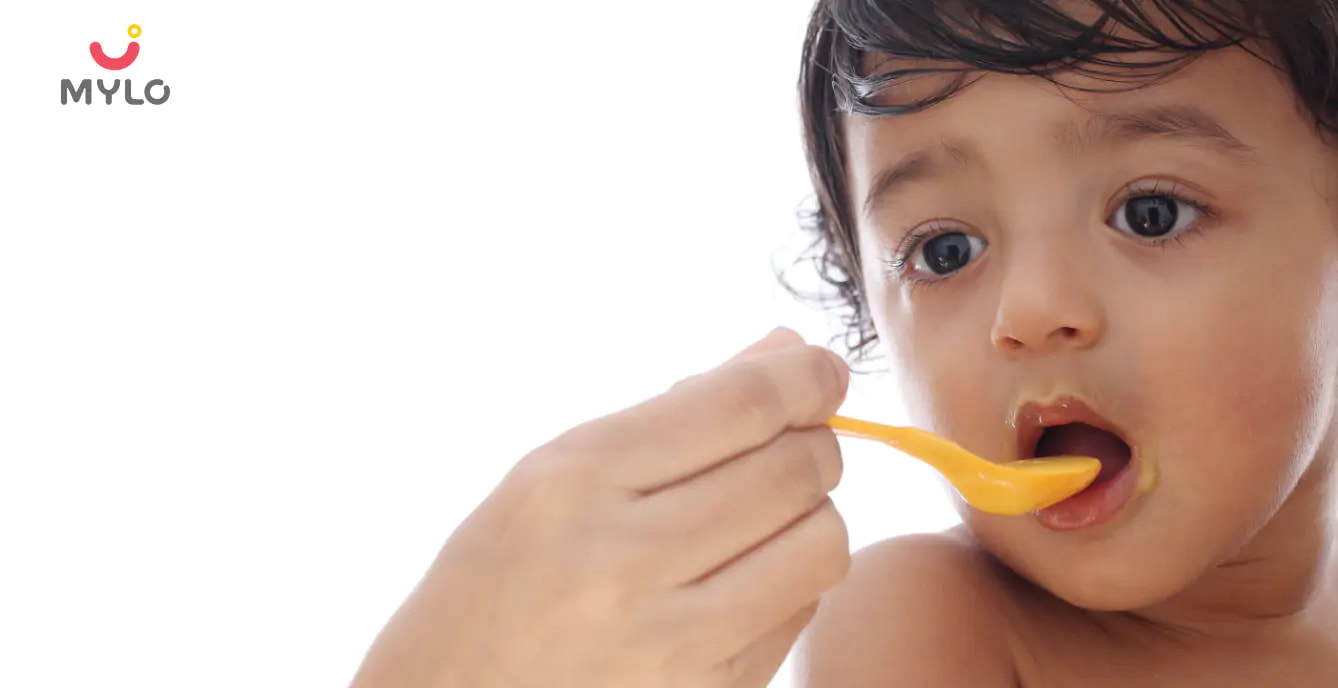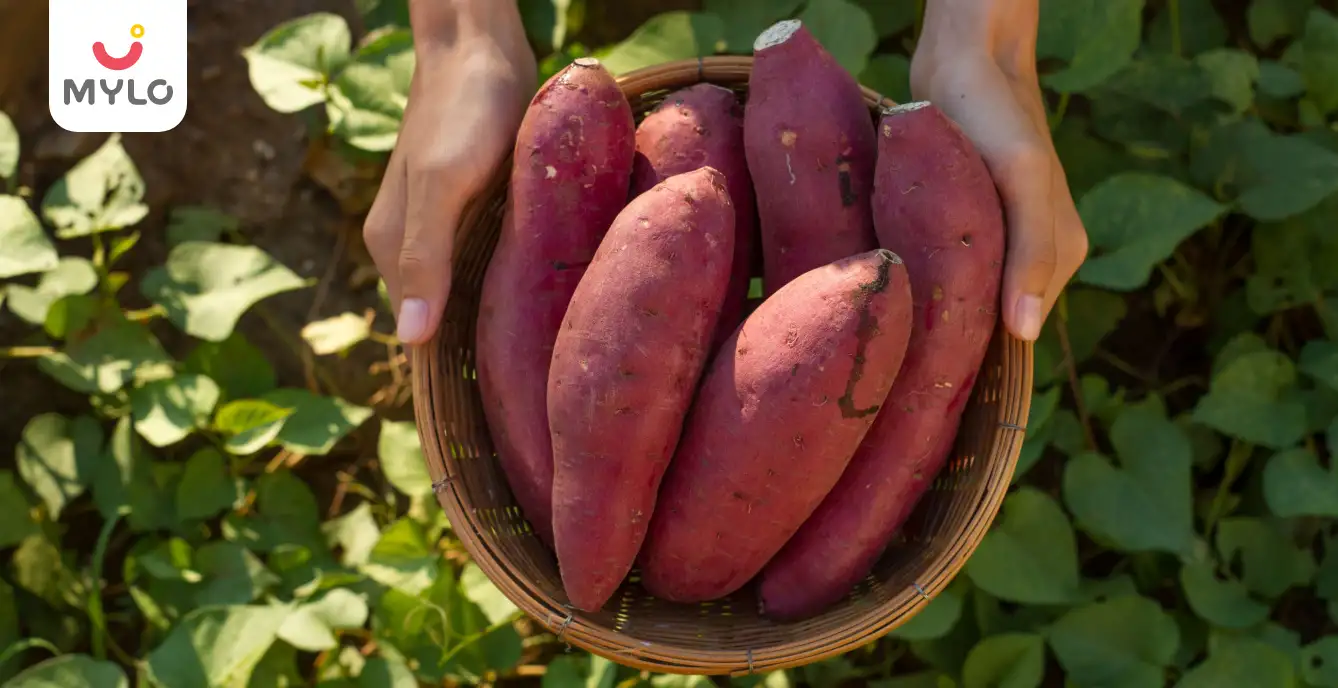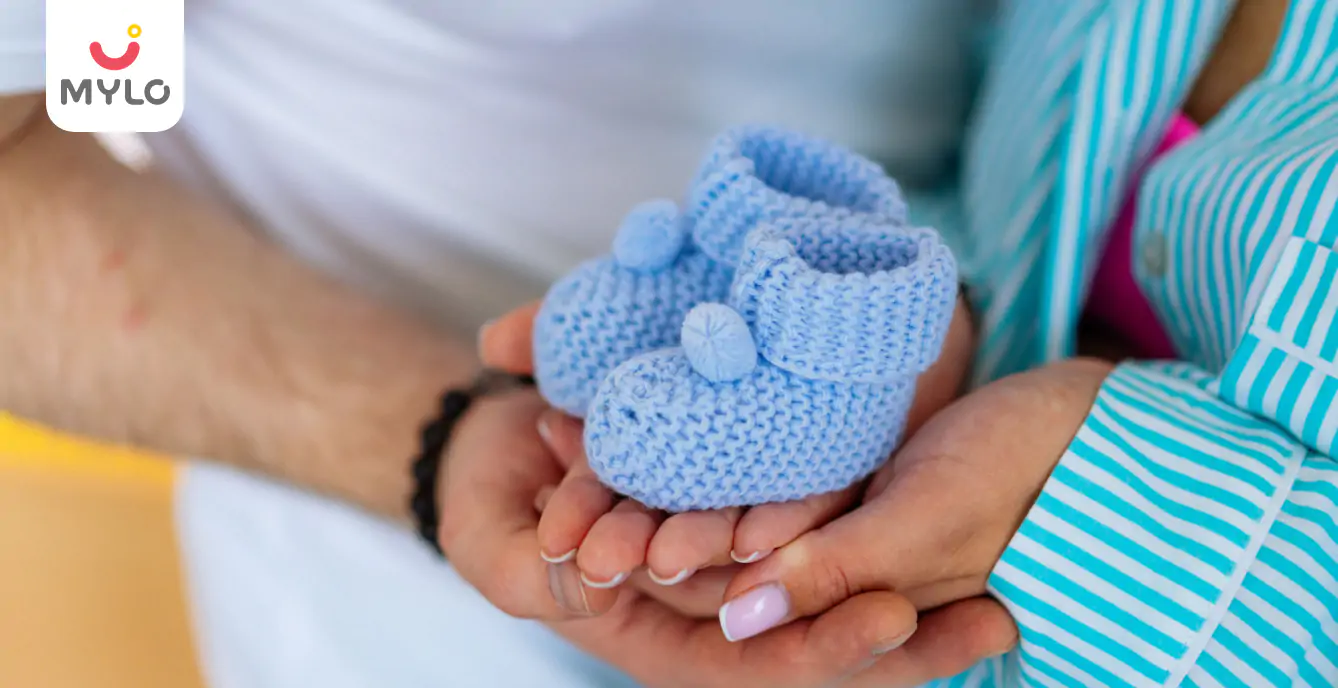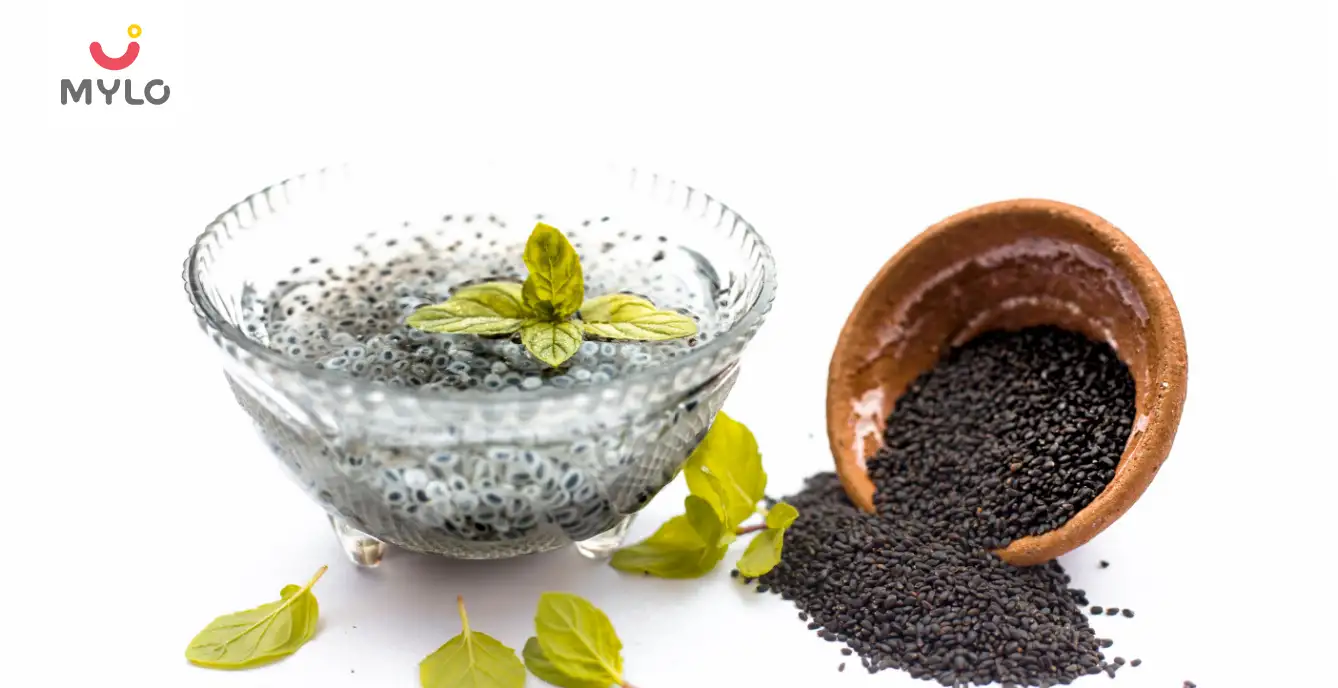Home

Feeding Tips and Healthy Food Ideas for Your 7-9 Month Old Baby
In this Article

From the Nutritionist
Feeding Tips and Healthy Food Ideas for Your 7-9 Month Old Baby
Updated on 13 November 2023



Medically Reviewed by
Dt. Mansi Goyal
Specializes in Critical Gestational Diabetes, PCOS Patients - BSC| MSC (Home Science, Food & Nutrition)
View Profile

You must be eagerly waiting for your baby to cross the 7th-month mark so that you can introduce various solid food items to your little one. You can continue to breastfeed your baby until he/she turns 1 but you can’t ignore the growth and development of the child that demands proper nourishment for teething and other physical milestones that are yet to be achieved. Whether you are a homemaker or a working person you must provide the right kind of nourishment to your baby by offering formula milk, breast milk, and solid foods.
Solid Foods to Offer Your 7-9-Month-Old
Here are some interesting food options that you can safely offer to your 7-9 month old little one:
1. Fruit Puree
Seasonal hand-picked fresh fruits are a great source of minerals, fiber, and vitamins. You can offer a variety of fruits like apple, sapodilla (Chikoo), banana, papaya, avocado, watermelon, mango, pears, kiwi, strawberries, peach, tomato, plum, and oranges. You can also stew hard-skinned fruits like apples or melons before making a puree of them. Do not forget to wash the fruits properly before preparing the puree of it. Fruit puree can be a great option for a meal or a mid-day snack. You can even extract juice out of the fresh fruits to add to your baby’s diet.
2. Steamed Vegetables
We all are aware of the high nutritional value of colourful vegetables. You can offer a variety of steamed vegetables to your baby to protect him/her from the deficiency of multivitamins and minerals. You can either offer them as a portion of finger food or can make puree out of it. The colourful vegetables that you can offer to your baby are as follows- Carrots, pumpkin, broccoli, cabbage, cauliflower, spinach, green beans, peas, beetroot, bottle gourd, and sweet potato.
3. Dairy Products
For proper growth and development of your baby’s bones and teeth, you can offer ghee, butter, and cheese in moderation. To keep your baby’s digestive system and immune system strong you must offer yogurt to the little one.
4. Non Vegetarian Diet
If you are fond of eating non-vegetarian food and want your baby to adopt the same eating habits as you then you can offer egg yolk and meat puree in moderation to your baby.
5. Starch Rich Foods
Carbohydrates are really important to keep your baby active and fit the whole day long so you can offer rice, porridge, potato, bread, sweet potato, millets, quinoa, oatmeal, maize, etc. You can prepare porridges of wheat, rice, millets, oats, and barley. After mashing and sieving, you can offer the puree to your child because that is too healthy and easy to digest for your little one.
6. Lentils and Grains
You can make soup of various lentils/dals like urad dal, toor dal, masoor dal, and moong dal. Grains like finger millet, organic white rice, semolina, tapioca, poha, Phool makhana, and baby oats are also healthy options if you can cook a kheer or porridge of these ingredients. Make sure you cook it well and sieve it properly to avoid any choking hazards. You can make khichdi, kheer, Sheera, and various other semi-solid food items for your baby.
You must consult a pediatrician before starting the solid diet in your baby’s meal plan. Your baby’s digestive system is too fragile to digest all the new flavours that you are offering so make sure you are not adding salt or sugar to your child’s diet before he/she turns one.
Tips to Follow When Starting Solids for Your Baby
You can also keep these smart things in your mind when you start feeding solid foods to your little one:
-
You must keep your baby’s cooking utensils and dishes separate and don’t forget to wash them every time before and after use.
-
Wash your hands properly and tie up your hair before preparing the meal.
-
Do not add honey to any recipe because it is not advisable to offer honey to your child before he/she turns one.
-
You can begin with single-grain cereal recipes and if you are offering any fruit or vegetable to your baby then just make sure it is blended, mashed, and softly cooked.
-
You must not add jarred, processed food, or aerated drinks to your baby’s meal plan.
-
Make sure your baby’s high chair, bibs, and hands are properly cleaned/washed before he/she begins to eat.
-
Refrain your baby from watching smartphones, tablets, or television while feeding.
-
Don’t force your child to eat the entire meal in one go and allow him/her to take their own time to adjust to new flavours and dishes.





Medically Reviewed by
Dt. Mansi Goyal
Specializes in Critical Gestational Diabetes, PCOS Patients - BSC| MSC (Home Science, Food & Nutrition)
View Profile


Written by
Charu Pratap
Charu has been a seasoned corporate professional with over a decade of experience in Human Resource Management. She has managed the HR function for start-ups as well as established companies. But aside from her corporate career she was always fond of doing things with a creative streak. She enjoys gardening and writing and is an experienced content expert and linguist. Her own experiences with motherhood and raising a baby made her realize the importance of reliable and fact-based parenting information. She was engaged in creating content for publishing houses, research scholars, corporates as well as for her own blog.
Read MoreGet baby's diet chart, and growth tips

Related Articles
RECENTLY PUBLISHED ARTICLES
our most recent articles

Pregnancy Journey
Sweet Potato During Pregnancy: Benefits, Risks & Side Effects

Diet & Nutrition
Carrot During Pregnancy: How This Healthy Snack Can Help You and Your Baby

Pregnancy Journey
30+ Maternity Photoshoot Props: Accessories for Maternity Photoshoot

Diapering
Diaper Pants 101: Everything You Need to Know Before You Buy

Diet & Nutrition
Can We Eat Curd During Periods: Understanding the Dairy Dilemma

Diet & Nutrition
Sabja Seeds During Pregnancy: Benefits & Side Effects
- Newborn Diaper Rash: Causes, Treatment and Prevention Tips
- New Born Baby Diapers: Understanding the Quantity and Sizing Needs of Your Little One
- The Ultimate Guide to Supplementing with Omega 3 for PCOS
- The Ultimate Guide to Safe and Effective Exercise in Periods
- PCOS Hair Growth: Causes, Symptoms, and Effective Treatment Options
- Endometrial Hyperplasia: The Ultimate Guide to Understanding Its Causes and Treatment
- Lights, Camera, Baby Bump: Movies to Watch During Pregnancy
- Squat During Pregnancy Benefits & Precautions
- The Ultimate Guide to Thyroid Treatment in Ayurveda
- Ayurvedic Treatment for Acne: Holistic Healing for Clear Skin
- Gokshuradi Guggulu: Ayurveda's Solution for UTI and Kidney Support
- The Surprising Benefits of Dark Chocolate for Periods
- How to Reduce Air Pollution in Your Daily Life
- Normal Prolactin Levels to Get Pregnant: What You Need to Know


AWARDS AND RECOGNITION

Mylo wins Forbes D2C Disruptor award

Mylo wins The Economic Times Promising Brands 2022
AS SEEN IN

- Mylo Care: Effective and science-backed personal care and wellness solutions for a joyful you.
- Mylo Baby: Science-backed, gentle and effective personal care & hygiene range for your little one.
- Mylo Community: Trusted and empathetic community of 10mn+ parents and experts.
Product Categories
baby carrier | baby soap | baby wipes | stretch marks cream | baby cream | baby shampoo | baby massage oil | baby hair oil | stretch marks oil | baby body wash | baby powder | baby lotion | diaper rash cream | newborn diapers | teether | baby kajal | baby diapers | cloth diapers |








